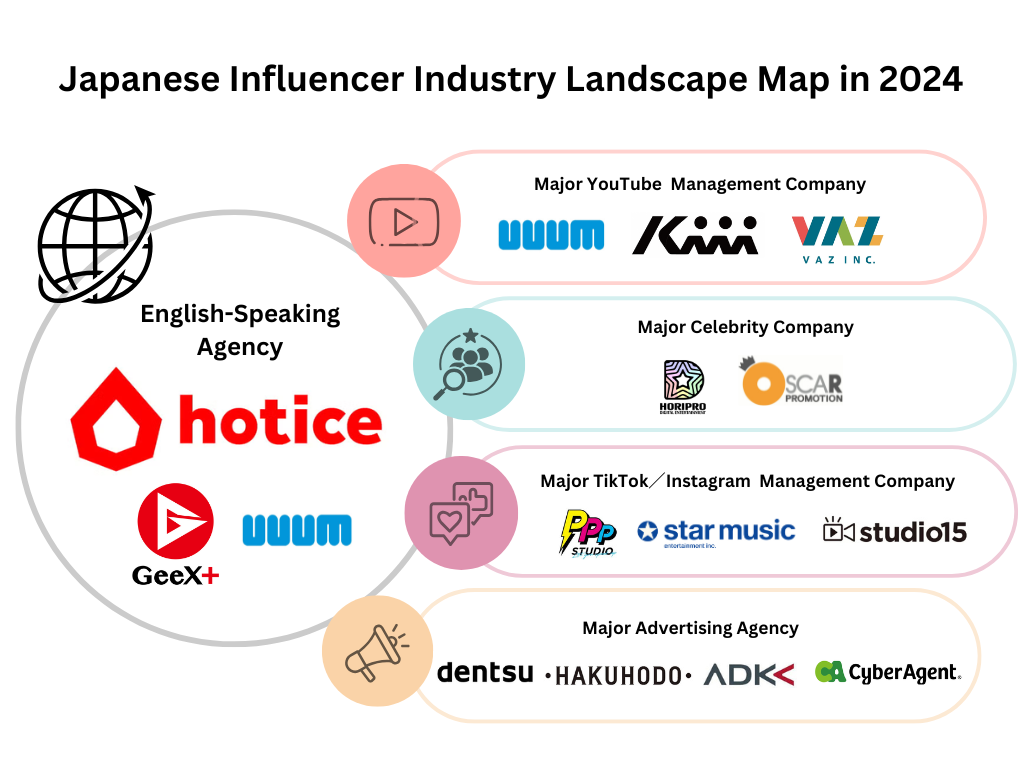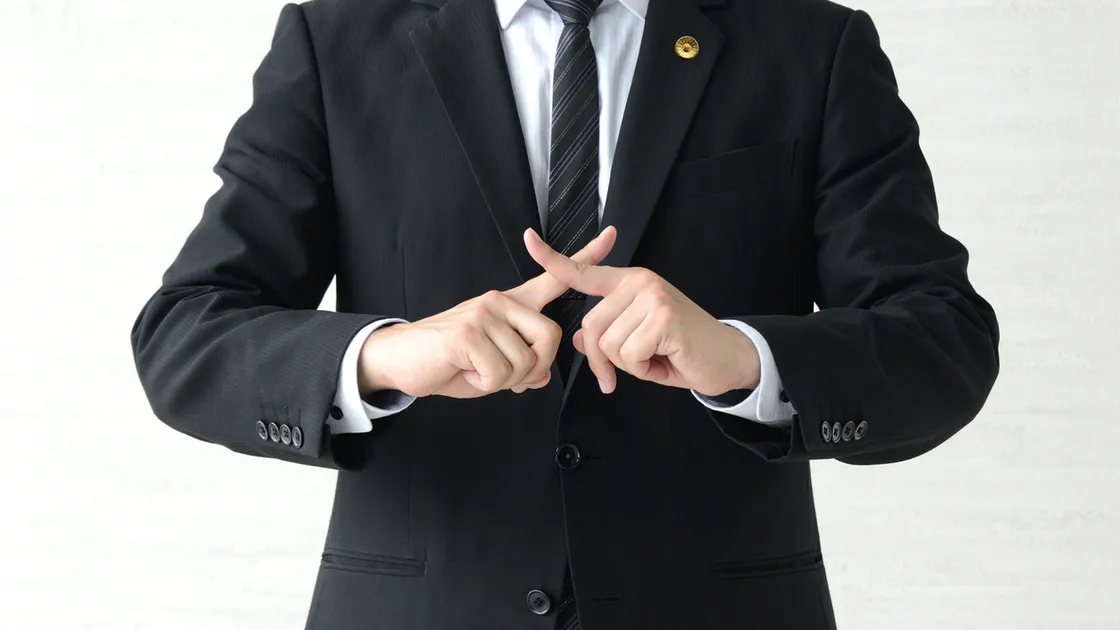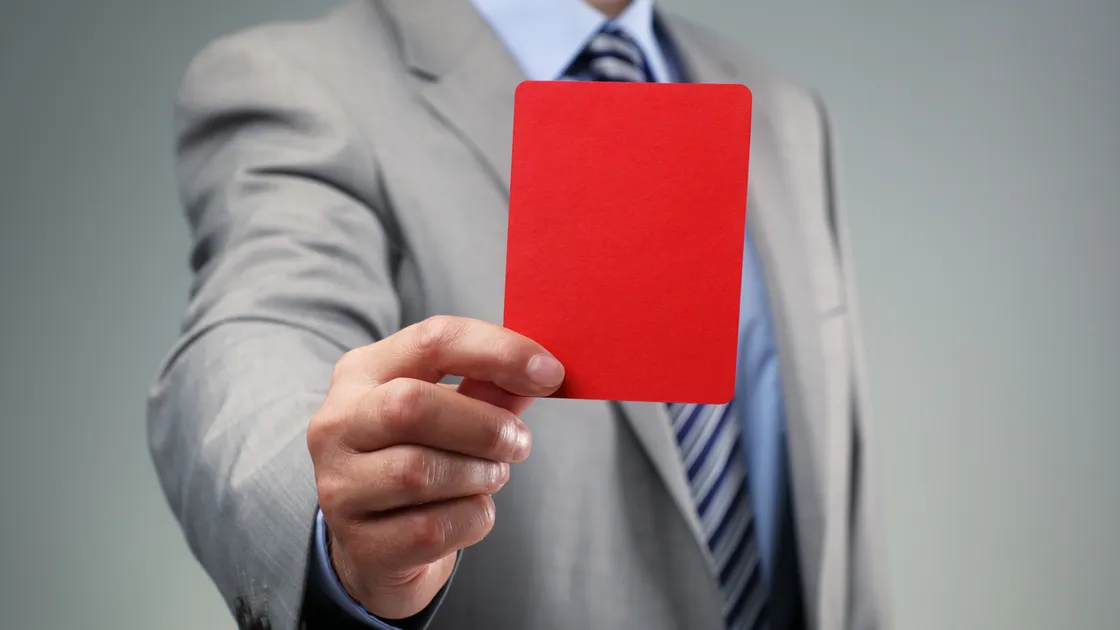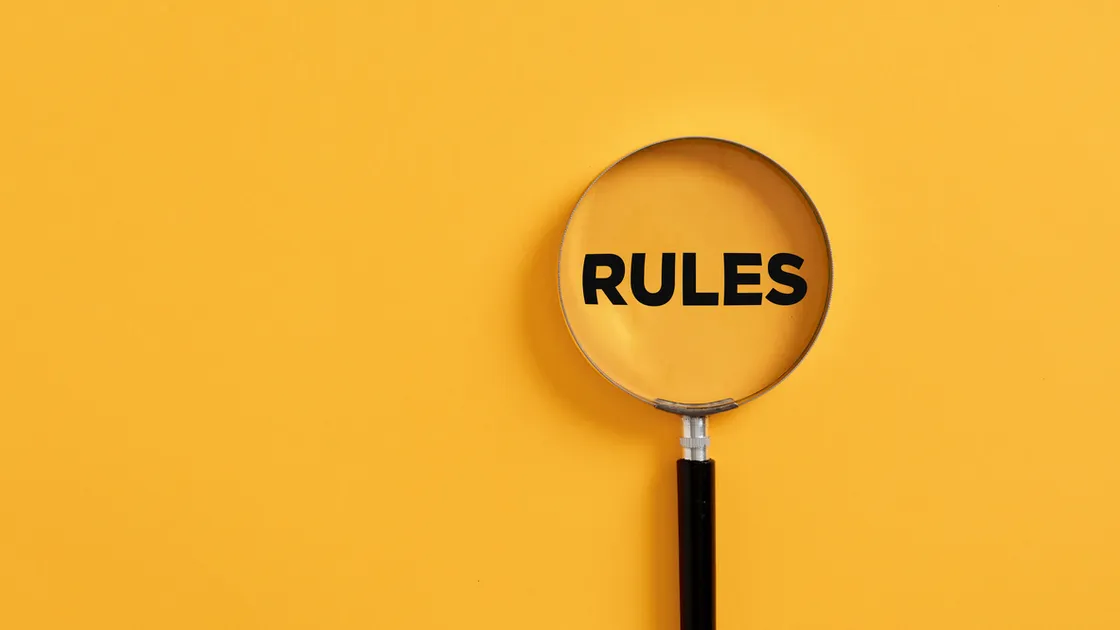Japanese Influencer Industry Landscape Map in 2024

- 1. Introduction:
- 2. 1. Agencies Partnered with Major Advertising Agencies
- 3. 2. Agencies Specializing in YouTube
- 4. 3. Agencies Strong in TikTok and Instagram
- 5. 4. Influencer Agencies from Traditional Entertainment Management
- 6. 5. Independent Influencer Agencies
- 7. Industry Relationships and Insights
- 8. 6. Multilingual Influencer Agencies
- 9. Conclusion:
Introduction:
To grasp the dynamics within Japan’s influencer industry, it’s essential to understand the major agencies, their unique strengths, and the competitive and collaborative relationships that shape the industry. Japan’s influencer agencies can be categorized as follows, with each segment actively competing or collaborating across various influencer marketing projects.
Below is a detailed overview of key Japanese influencer agencies categorized by platform, providing insights for effective influencer selection and understanding Japan’s unique agency landscape.
1. Agencies Partnered with Major Advertising Agencies
In Japan’s advertising industry, giants like Dentsu, Hakuhodo, CyberAgent, and ADK are influential players and heavily involved in influencer marketing. These large advertising agencies partner with influencer agencies and agencies to engage influencers for large-scale client campaigns.
2. Agencies Specializing in YouTube
YouTube holds significant influence in Japan, with many agencies managing YouTubers across a variety of genres, including gaming, lifestyle, and entertainment. Recently, content promoting Japanese culture and scenery for tourists has also seen a rise in popularity among international audiences. UUUM is the largest YouTuber agency in Japan, known for managing top creators like Hikakin and Tokai On Air. Other agencies, like Kiii (with prominent creators Raphael and Kimagure Cook) and VAZ (known for creators like Protan and Honoka), also play a key role. Generally, these agencies propose their own creators, while clients looking for more customized influencer selections often prefer to work with independent agencies for better flexibility and targeted recommendations.
3. Agencies Strong in TikTok and Instagram
With TikTok’s rapid growth in Japan, agencies specializing in TikTok and Instagram influencers have also increased. These agencies excel at targeting younger audiences and popular youth brands. PPP STUDIO, Star Music Entertainment, and Studio15 manage influencers well-known among younger demographics on TikTok and Instagram.
4. Influencer Agencies from Traditional Entertainment Management
Traditional Japanese entertainment agencies have entered the influencer market as well. These agencies, which previously managed TV talents and models, now operate in influencer marketing and casting, particularly in visually driven platforms like Instagram. Horipro and Oscar Promotion are examples of traditional talent agencies that now also manage influencers.
5. Independent Influencer Agencies
Many Japanese influencers work independently without exclusive agency affiliation, managed by “influencer marketing agencies” that cater to diverse client needs with a broader selection of talent. Tagpic and W TOKYO are prominent agencies offering flexible, agency-independent services.
Industry Relationships and Insights
- In Japan, large advertising agencies control significant budgets, and influencer agencies often act as subcontractors, providing their own influencers to complete projects. This structure sometimes leads to a bias toward in-house influencers within agencies. Independent agencies, on the other hand, can recommend influencers across the board, helping clients find trend-aligned talents closer to their preferences.
- YouTube-focused agencies and TikTok/Instagram-focused agencies are increasingly competing for younger audience markets.
- A combination of competition and collaboration exists between traditional entertainment agencies and emerging influencer agencies, marking a convergence of talent management and influencer marketing.
Understanding these dynamics can help clients choose agencies or agents aligned with their target audience and needs, enabling impactful influencer marketing strategies.
6. Multilingual Influencer Agencies
However, English-speaking staff are relatively scarce in Japanese agencies, so if a client speaks only English, it is recommended to work with agencies equipped for foreign language support. These agencies facilitate smoother communication with Japanese influencers, ensuring seamless project management.
- hotice Inc.: Over half of the staff are bilingual, with many employees having lived abroad, enabling smooth and effective communication without language barriers. hotice employees have a deep understanding of Japan’s influencer marketing scene and can provide insights into unique aspects of Japanese culture and the market.
- UUUM Inc.: The largest influencer agency in Japan, with some English-speaking staff members.
- GeeXPlus: This agency manages many Japan-based creators who speak English, although the majority are in the gaming influencer sector.
Conclusion:
At hotice Inc., we have partnerships with the above agencies, allowing us to assist with campaigns that leverage each agency’s influencers, models, and talents. As more foreign companies enter the Japanese market, influencer marketing remains a highly effective tool for campaigns in specific genres or product categories. If you’re considering influencer marketing, feel free to reach out at contact@hotice.jp for consultation.
.png)






